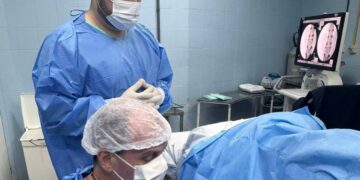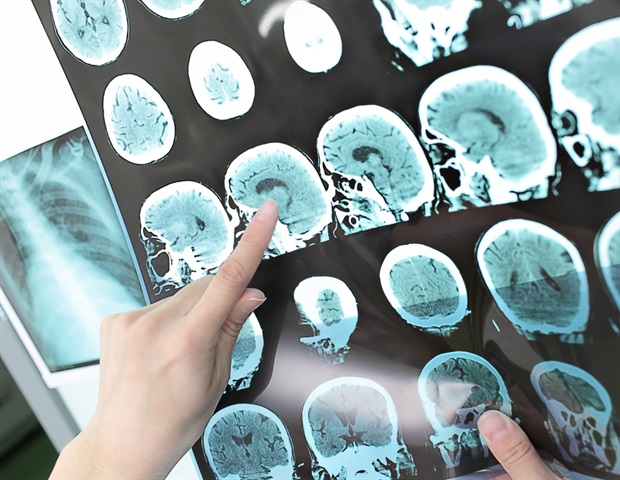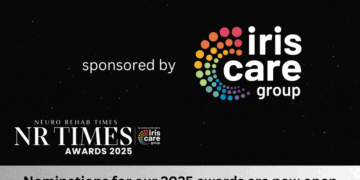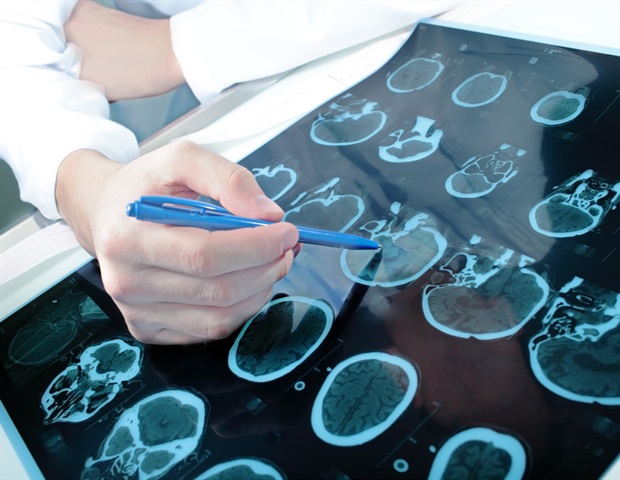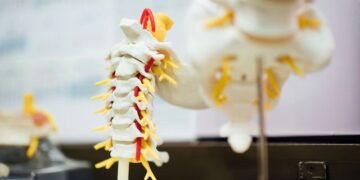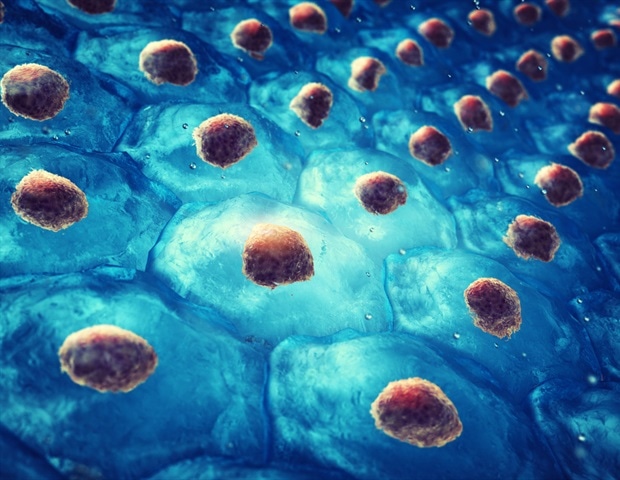Southwest Research Institute (SwRI) has demonstrated new applications for cell growth bioreactors to advance tissue engineering and cell-based therapies for the treatment of injury and disease.
SwRI scientists used this bioreactor to replicate induced pluripotent stem cells (iPSCs) derived from adult skin, blood, and other body cells. Due to their pluripotent state, iPSCs can differentiate into other cell types in the body, similar to ES cells, and without the same ethical ambiguities. Regenerative medicine and personalized medicine require large quantities of iPSCs, but current technology requires manual production.
Using a disposable 3D printed bioreactor developed by SwRI, we successfully harvested a large amount of iPSCs. We are working to further differentiate these iPSCs into neural progenitor cells, which may support the regeneration of neurons damaged by injury. International studies have shown that administering neural progenitor cells during the first 28 days after a spinal cord injury can repair the spinal cord. ”
Dr. Nick McMahon, Senior Researcher, Project Leader
SwRI’s 3D printed bioreactor matrix boasts a larger surface area-to-volume ratio compared to traditional 2D cell culture devices such as flasks and dishes, allowing for the growth of more cells using automated perfusion methods. The superior geometry of SwRI’s bioreactor allows cells to maintain a monolayer without forming clusters during the culture process, minimizing the risk of spontaneous differentiation into the wrong cell type.
“Since the discovery of iPSCs in the early 2000s, scientists have explored their potential to revolutionize medicine by using a patient’s own cells to repair or replace damaged tissue to avoid immune rejection. Unlike embryonic stem cells, iPSCs do not raise ethical controversies, making them a promising and responsible path to personalized medicine,” said Dr. Jiang Lin, Institute Engineer.
SwRI plans to further refine and automate the prototype to provide a simplified plug-and-play cell replication platform to accelerate the development of iPSC-based therapeutics.
This project was funded through SwRI’s internal research and development program. In 2024, SwRI invested more than $11 million in tomorrow’s technologies to expand our knowledge base, strengthen our reputation as a science and technology leader, and advance the professional development of our staff. For more information, please visit Southwest Research Institute’s Internal Research and Development.
SwRI’s Pharmaceutical and Biotechnology Division advances new pharmaceutical research, custom assays, and biomedical devices. SwRI staff will be speaking at the American Association of Pharmaceutical Scientists (AAPS) PharmSci 360 in San Antonio, November 9-12.
sauce:
Southwest Research Institute

